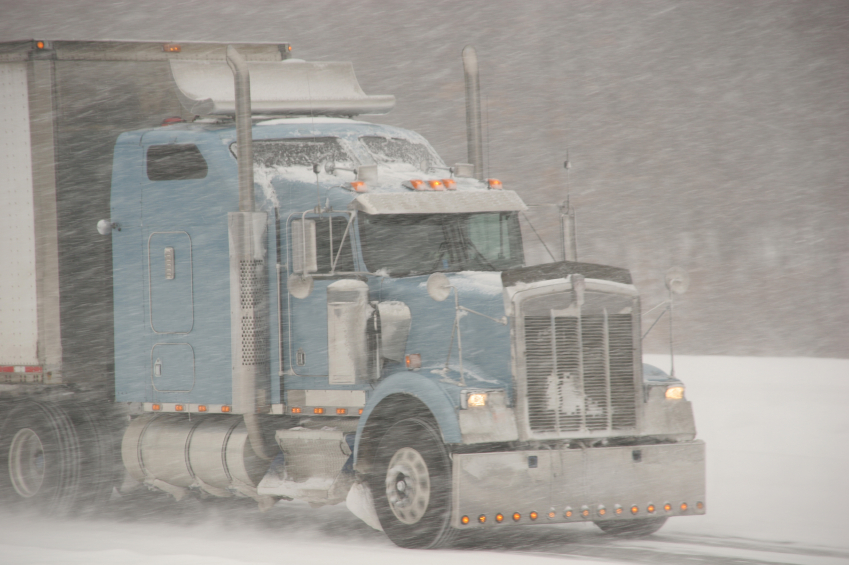With heat season just over a month away (many people start heating freight the first week of November), many transportation managers are wondering how they can avoid a shortage of heated trucks this winter. Especially, since freight capacity is already tight. Here are seven tips that will help you out this winter manager your heated freight capacity.
Separate Heated Freight from Non-Heated freight
Many shipments are loaded with 90% of the freight being freeze tolerant and only 10% of the shipment requiring freeze protection or temperature control. Not only does this cost the shipper a premium but it uses up heated capacity where none is needed. Often by splitting the shipment into two, the cost of the increased LTL will be offset by reduction in the heated premium. This is easy to implement and your front-line shippers should be made aware of this option.
Consider “no heat” on short runs
If you’re struggling to find heated trucks for a short run of less than a day, you may consider shipping without heat. While there is a slight risk involved in this practise, generally, liquids that are in motion will not freeze. Just like a river. Plus, the liquids will have some residual heat from the time of loading. For short runs, as long as you can work with your carrier not to leave the freight on the truck over night, you’ll probably be OK to ship without heat. Use your judgement here; extremely freeze sensitive material would not be worth the risk!
Consider Blanket Wraps
Blanket wraps are a great way to increase heated capacity. The idea is to wrap the liquid drums or totes in an insulated blanket. The residual heat in the product slowly dissipates over time. However, with proper calculations you can often ship freeze sensitive product over a few days without issue. The blanket manufacturers should be able to help you with grade, timing and temperature rules of thumb. The only downside to this method is you’ll have to ship the blankets back, so include that in your cost benefit analysis. Plus, there is some risk involved here. You should do your calculations carefully and include temperature probes and/or monitoring in your shipment.
Consider “heated” vs. “Temperature Controlled”
In transportation, the term “heated” could mean a diesel powered portable heater in the back of a dry van, or it could mean putting the freight on a temperature controlled reefer unit. This may seem trivial, but when capacity is tight, you should consider what you actually need. If your product has a freeze temperature at zero or below, and the weather is not in a deep freeze of say -20C, then you should be OK with “heated”. That will open up your capacity to a much wider range of carriers with portable heating units. However, if you state “must maintain between 5-10C, then you are limiting yourself to a temperature controlled reefer unit. This will limit your options, if you don’t actually need that specification.
Consider Round Trips
If you happen to have the opportunity to ship between A and B (or very close points) let’s say the points are Chicago and Toronto, and you have heated freight from Chicago and non-heated from Toronto, then you can work with your carrier to send out a heated unit and work out a deal to buy the backhaul in advance. Your carriers will love this, it makes their life easier and you just made your life easier by covering that heated shipment.
Book Early
Book early when you can. Carriers have to plan their truck dispatch constantly. Much of the time based on unknowns. If you can provide your carriers with as much information as possible by booking early, they can often plan to have the right equipment where you need it.
Call XTL Transport
XTL has made a significant investment in temperature controlled trailers over the last few years, including specially designed TEMPSOLUTION trailers that precisely monitor and maintain temperatures for very sensitive goods like pharmaceuticals, chemicals and food grade additives. If you’re worried about heated capacity this winter, now’s the time to contact XTL for a review of your needs.
